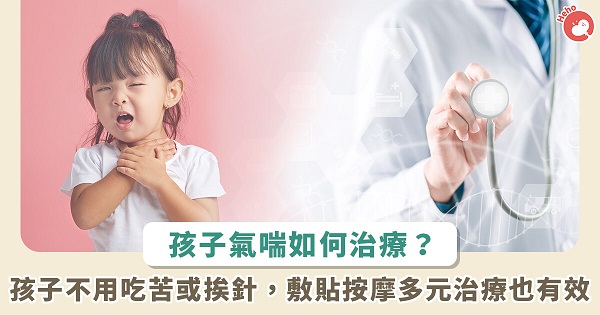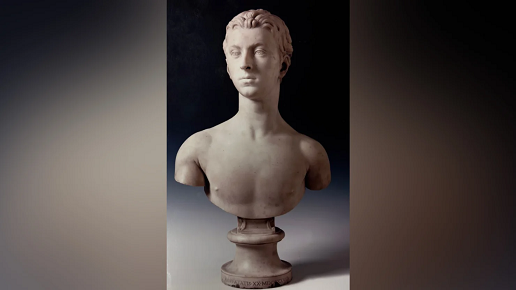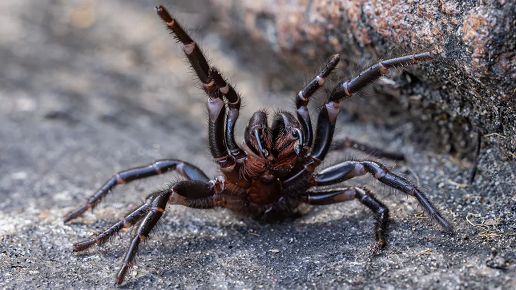Childhood asthma is a concern for many parents, especially during the ages of 3 to 5 when the risk of asthma attacks is higher. If a child experiences frequent colds, a cough lasting more than two weeks, or severe wheezing with every cold—particularly at night or in the early morning, accompanied by a whistling sound—these are signs of asthma, and early medical attention should be sought.
The root of asthma lies in the congenital constitution, especially if parents have allergic constitutions, which are often passed down to children, leading to weaker lung, spleen, and kidney functions. When children are exposed to external triggers such as weather changes, colds, or cold foods, asthma is easily triggered. Dr. Lai Wan-Yu, head of Pediatrics at the Chinese Medicine Department of China Medical University Hospital, pointed out that asthma attacks are closely related to the function of the internal organs in Traditional Chinese Medicine (TCM), and treatment varies depending on the symptoms.
Acute asthma can be classified into three types based on the symptoms: wind-cold type, wind-heat type, and external cold with internal heat type. Children with wind-cold asthma have a high-pitched cough and runny nose, and are treated with Xiao Qing Long Tang to expel cold; children with wind-heat asthma have thick mucus and nasal discharge, for which Ma Xing Shi Gan Tang is used; and children with external cold and internal heat have strong internal heat, which worsens with cold exposure, and Ding Chuan Tang is recommended to alleviate symptoms. Dr. Lai noted that with the correct treatment, most acute asthma symptoms can be relieved within a week.
During the remission phase of asthma, while symptoms are under control, the respiratory tract remains vulnerable, making proper treatment crucial. By using TCM formulas such as Yu Ping Feng San, Sheng Mai Yin, or Liu Jun Zi Tang to boost respiratory immunity and reduce allergic reactions, the frequency of future asthma attacks can be effectively reduced. Dr. Lai emphasized that consistent treatment can significantly lower the recurrence rate of asthma. Asthma is related to the lungs, spleen, and kidneys in Traditional Chinese Medicine. Lung qi deficiency leads to poor immunity and frequent colds, spleen qi deficiency affects digestion and makes asthma more likely, and kidney qi deficiency causes cold hands and feet, as well as shortness of breath. The condition tends to last longer, and the recovery process requires more time. (Image / freepik)
Asthma is related to the lungs, spleen, and kidneys in Traditional Chinese Medicine. Lung qi deficiency leads to poor immunity and frequent colds, spleen qi deficiency affects digestion and makes asthma more likely, and kidney qi deficiency causes cold hands and feet, as well as shortness of breath. The condition tends to last longer, and the recovery process requires more time. (Image / freepik)
For children who dislike taking medicine, TCM offers various treatment options, such as San Fu Tie and San Jiu Tie therapies, which have been proven to effectively reduce the frequency of asthma attacks and improve immunity. Acupuncture or laser acupuncture are also important methods for regulating the immune system. For children who are afraid of needles, laser acupuncture is a non-invasive alternative.
Taiwan's National Health Insurance also provides enhanced care for children under 12 with asthma, offering treatments that include herbal medicine, acupuncture, and acupoint patches. These therapies have been shown to significantly reduce emergency room visits and hospitalizations for children with asthma. Dr. Lai also recommends that parents learn simple acupoint massage techniques at home, such as pressing the Tian Tu and Shanzhong points, to help relieve coughing and wheezing. Combining daily care with TCM treatments can provide a healthier environment for children's growth.







